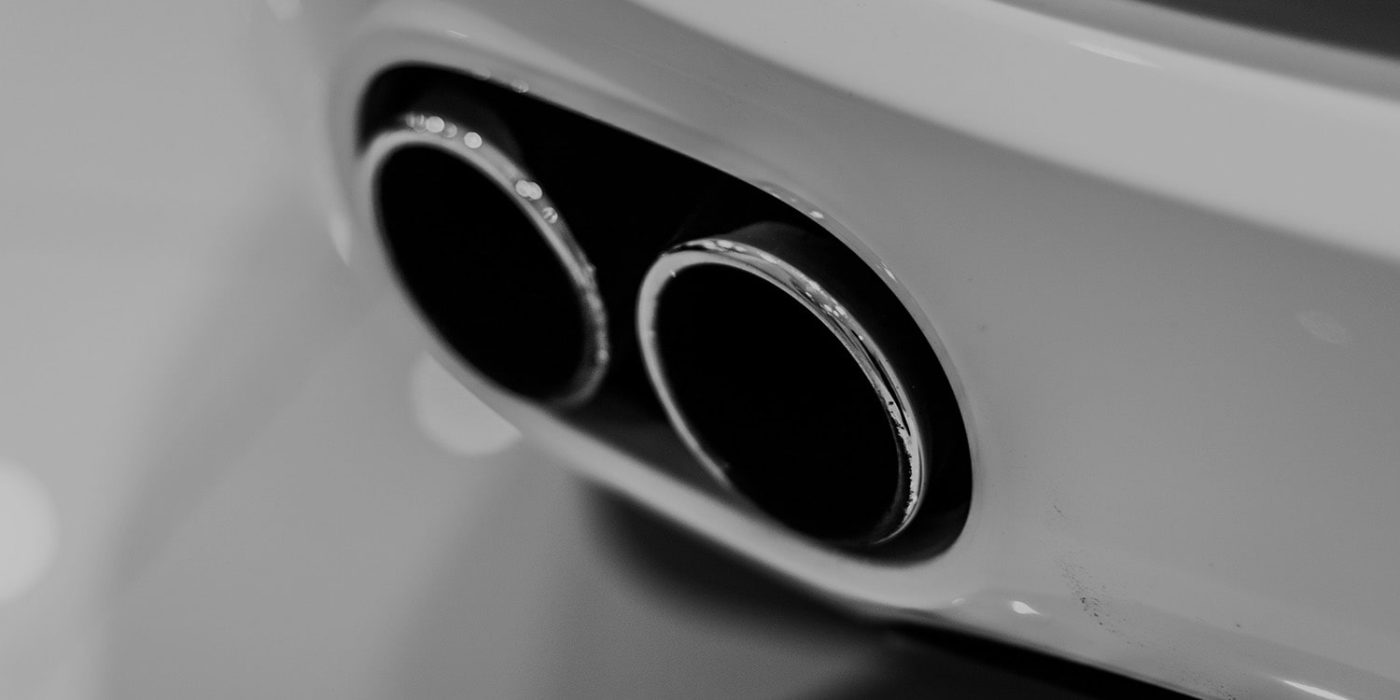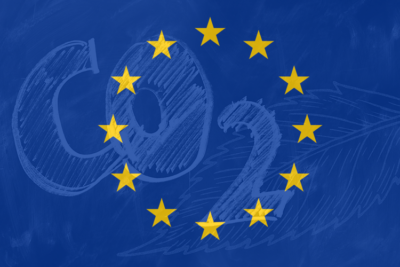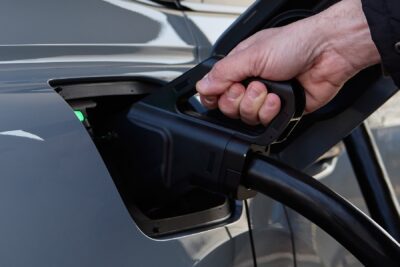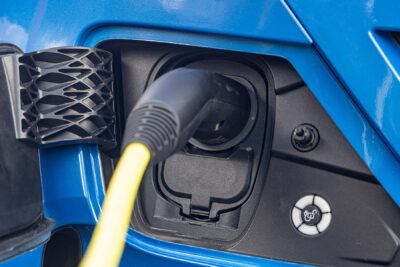EU lawmakers take watered-down Euro 7 deal one step further
The positive news is that Euro 7 not only limits exhaust emissions but also includes brake wear and the service life of batteries in electric and hybrid cars.
The rules for the latter stipulate that the batteries in passenger cars must still offer 80 per cent of their original capacity after five years or 100,000 kilometres. After eight years, or 160,000 kilometres, it must still be 72%. For vans, these values have been set at 75 per cent after five years or 100,000 kilometres, and 67 per cent after eight years or 160,000 kilometres.
The levels of brake particle emission, also known as fine particles (PM10) for cars and vans, are 3 mg/km for purely electric vehicles and 7 mg/km for hybrid and fuel cell vehicles. Transport & Environment notes that lawmakers agreed to count smaller particles than under the existing law and Euro 6.
At the same time, limits on the emissions of NOx, carbon monoxide and hydrocarbons and the mass of particulate matter remain unchanged at 60 milligrams per km for petrol cars and 80 mg/km for diesel cars. This would allow carmakers to “greenwash new vehicles as ‘Euro 7’ despite being virtually no cleaner than under the ‘Euro 6’ standard agreed in 2014,” writes T&E.
This position is in line with earlier reports in November when news of a “tacit deal” between the car industry and a majority of Christian Democrats, Eurosceptics and Liberals in Brussels broke. These voted in favour of the weakened Euro 7 draft. Parliament also opted for Euro 6 limits continuing to apply but without the previous distinction between petrol and diesel cars, giving manufacturers more time for implementation.
The resolution also continues to provide mild conditions for emissions tests; particularly high-emission scenarios such as a cold start will not be analysed as envisaged in the Commission’s rather ambitions original proposal from 2022.
This was only a partial surprise. The EU Council, a gathering of ministers, had weakened the Euro 7 proposal in September 2023, pushed by the position of eight member states led by Italy, France, and the Czech Republic. They forced changes, so Euro 7 should be within the current Euro 6 standard in exhaust emissions. It also barely improved testing, which ensures that limits are met.
The argument already made by some member states at the time assumed that stricter rules would deprive the car industry of too many of the resources it needs to develop electric cars. Italy, France, the Czech Republic and five other countries spoke out against Euro 7.
Accordingly, Rapporteur Alexandr Vondra (ECR, CZ) commented this week: “Through this deal, we have successfully struck a balance between environmental goals and the vital interests of manufacturers. The aim of the negotiations was to ensure the affordability of new smaller cars with internal combustion engines for domestic customers and, at the same time, enable the automotive industry to prepare for the expected overall transformation of the sector. The European Union will now also be addressing emissions from brakes and tyres and ensure higher battery durability.”
Lucien Mathieu, cars director at T&E, said, “The European Parliament has a final chance to say no to this shameless capitulation to the auto industry.”
The European Parliament and Environment Ministers must still formally vote on the provisional agreement before it goes into force.
The regulation will then apply from 1 July 2030 for cars and vans (down from 2025) and from 1 July 2031 for buses and trucks.
Analysts assume that ambitious requirements for the Euro 7 standard were sacrificed in return for the agreed zero-emission target for new cars from 2035. The Member States had their final vote in March 2023 and forged the sales ban into law. It is a crucial part of Europe’s Fit for 55 climate package, on which all member states agreed, except for Italy, Poland, Romania, and Bulgaria.





0 Comments